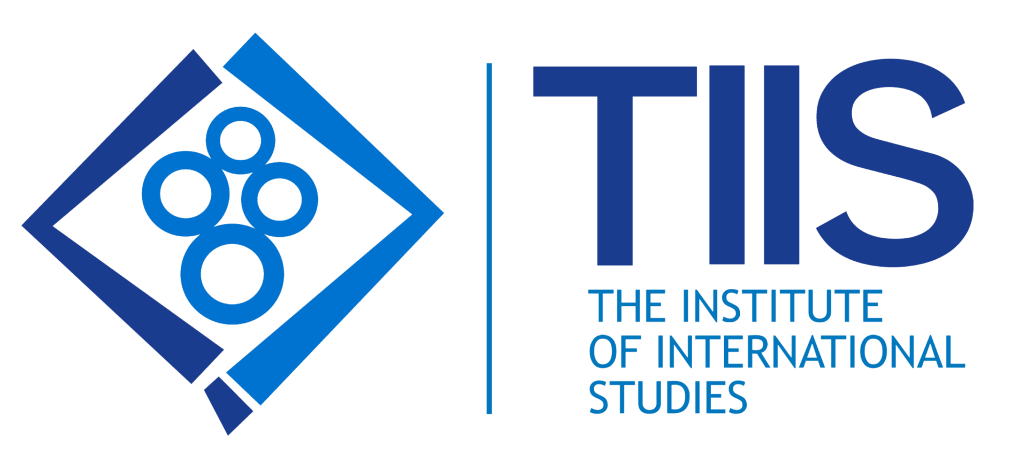Master of Cyber Security (MCS)
CRICOS Course Code: 115211M
- Course Duration: 2 years
- Number of Subjects: 16
- Delivery Mode: On campus
- Campus: Sydney & Melbourne
- Intakes: March, July, November
The Master of Cyber Security (MCS) is a 2-year full-time or part-time equivalent postgraduate program. TIIS course is a mix of technical and nontechnical subjects giving students a broader range of knowledge and skills to enter the cyber security industry. Additionally, students gain industry experience through institute internships as part of their studies. In total, students will complete 16 subjects achieving a total of 96 credit points.
Overview
The Master of Cyber Security (MCS) equips students with specialized knowledge and skills to effectively design, develop, and manage cybersecurity systems. It enhances understanding of mitigating cybersecurity risks and responding to cyber threats. Our MCS program at TIIS also fosters cybersecurity technical, management, and business acumen, equipping students with a comprehensive skill set to excel in the industry. Tailored assessments within the course allow students to leverage their existing experience in specific industries or prepare them to enter desired sectors. These assessments provide practical contexts to apply MCS knowledge and skills within cybersecurity settings, ensuring a hands-on and relevant learning experience.
Careers
- Cyber Threat Analyst
- Intrusion Analyst
- Malware Analyst
- Incident Responder
- Cyber Operations Coordinator
- Penetration Tester
- Vulnerability Assessor
- Cyber Security Adviser/Assessor
- Vulnerability Researcher
Learning Outcomes
Knowledge
Cybersecurity Foundations: Apply foundational, core, and advanced knowledge in cybersecurity to design, develop, implement, and manage secure systems and processes that adhere to industry standards and adapt to the evolving cybersecurity landscape.
Critical Analysis: Examine the cybersecurity body of knowledge and critically evaluate practices to inform the design and development of technical and creative solutions to cybersecurity challenges aligned with organisational strategies.
Ethical and Regulatory Considerations: Critically evaluate the impacts of ethical and regulatory cybersecurity issues from personal, domestic, and global perspectives, assessing implications for cybersecurity governance and risk management from both technical and organisational standpoints.
Problem-Solving Skills: Leverage a range of problem-solving techniques and methodologies to work independently, collaboratively, and reflectively to develop technical and creative solutions to cybersecurity challenges.
Stakeholder Management: Communicate with and effectively manage a diverse range of stakeholders, both technical and non-technical, internal and external, to design, develop, implement, and execute solutions to cybersecurity challenges.
Professional Practice Development: Develop professional practice in cybersecurity through synthesising knowledge and skills, innovatively applying and evaluating them in independent or collaborative evidence-based industry-relevant projects or internships.
Skills
Technical Proficiency: Demonstrate proficiency in cybersecurity practices and techniques relevant to the profession.
Effective Communication: Communicate effectively and function well as members of interdisciplinary teams, facilitating collaboration and knowledge exchange.
Ethical Conduct: Practice cybersecurity with integrity, adhering to ethical principles and social responsibility in all professional activities.
Global Awareness: Demonstrate cross-cultural awareness and a global perspective in understanding cybersecurity challenges and solutions.
Innovative Thinking: Apply innovative and creative thinking to address cybersecurity challenges and make informed decisions.
Self-Reflection and Management: Engage in reflective practice, demonstrating self-awareness and self-management as professionals in the cybersecurity field.
Contact us
Level 4, 22 Market Street,
Sydney, NSW 2000
Level 1, 112 Newquay Promenade, Docklands, VIC 3008
Programme
Course Design and Structure
The Master of Cyber Security requires the completion of 16 subjects (96 credit points).
The course has five sections.
Section 1: Foundation Information Technology (4 subjects)
Section 2: Business Administration (3 subjects)
Section 3: Core Cyber Security (6 subjects)
Section 4: Cyber Security Electives (2 subjects)
Section 5: Capstone (1 subject)
UNIT CODE
UNIT NAME
CREDIT PTS.
Restricted Elective
UNIT CODE
UNIT NAME
CREDIT PTS.
APPLY
01
Gather Documentation
Begin your journey by gathering all the necessary documents as per TIIS entry requirements.
02
Application Submission
Complete our application forms and send them to TIIS via email.
03
Approval Process
If you meet our requirements, TIIS will issue a Letter of Offer.
04
Fee Payment
Secure your place by paying your tuition fees. Upon payment, you’ll receive a Confirmation of Enrolment (COE).

